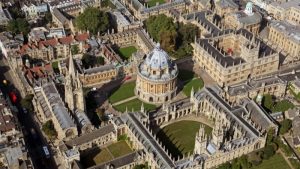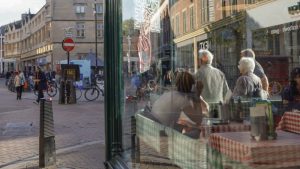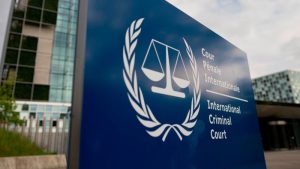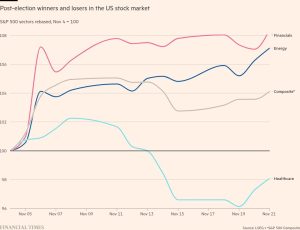‘Evidence banks’ can drive better decisions in public life
Stay informed with free updates
Simply sign up to the Science myFT Digest — delivered directly to your inbox.
The writer is a science commentator
Modern life is full of urgent questions to which governments should be seeking answers. Does working from home — WFH — damage productivity? Do LTNs (low-traffic neighbourhoods) cut air pollution? Are policy ideas that can be summed up in three-letter acronyms more palatable to the public than those, say Ulez, requiring four?
That last one is tongue-in-cheek — but the point stands. While clinical trials can tell us reasonably confidently whether a drug or treatment works, a similar culture of evaluation is generally lacking for other types of intervention, such as crime prevention. Now research funders are stepping into the gap to build “evidence banks” or evidence syntheses: globally accessible one-stop shops for assessing the weight of evidence on a particular topic.
Last month, the Economic and Social Research Council, together with the Wellcome Trust, pledged a total of around £54mn to develop a database and tools that can collate and make sense of evidence in complex areas like climate change and healthy ageing. The announcement, Nature reports, was timed to coincide with the UN Summit of the Future, a conference in New York geared to improving the world for future generations.
Go-to repositories of good quality information that can feed the policy machine are essential. They normalise the role of robust evidence in public life. This matters: the policy pipeline has too often lacked due diligence. That can mean public money being squandered on ineffective wheezes, or worse.
Take Scared Straight, a crime prevention scheme originating in the US around 40 years ago and adopted in the UK. It was designed to keep teens on the straight and narrow by introducing them to prisoners. Those dalliances with delinquents were counterproductive. A review showed that children taking part were more likely to end up committing crimes than those who did not participate in the scheme.
As ESRC executive chair Stian Westlake told me, there is a “really tragic shortfall in good evidence available to governments and policymakers on which policies actually work . . . [so] when governments spend taxpayers’ money or try to solve big problems, they are effectively shooting in the dark.” In contrast, he points to the work of the UK’s Youth Endowment Fund, which evaluates policies that prevent youngsters going rogue. The fund has joined the What Works Network, introduced by government in 2013 to sharpen policymaking in sectors like crime, education and homelessness.
The network is a wonderful resource. While a school governor, I often looked to one of its centres, the Education Endowment Foundation, to inform my perspective on matters like homework. But, a decade after the network’s inception, more can be done. Evidence can only make a difference if planners know where to look and how to apply it to their own work.
The newly announced cash adds to the efforts by the well-regarded Campbell Collaboration, a global non-profit pulling together findings in the social sciences. Artificial intelligence will also play a role. Synthesising evidence involves searching databases for studies; narrowing them down for relevance, quality and reliability; pulling out the salient data; and boiling it all down to a pithy conclusion. It can take several months between asking a policy question and receiving a usable answer — in other words, too long. AI, with human oversight, can speed things up.
Fascinatingly, civil servants are experimenting with an AI tool called Redbox Copilot to analyse and summarise government documents. One possibility, an ESRC researcher told Nature, is for Redbox to have these evidence banks on tap. AI also enables continual refreshing, allowing for so-called “living” evidence syntheses that are bang up to date.
As well as building one-stop shops on evidence, there should be an expectation that ministers and civil servants will use them, with training if needed.
This nods to the Nolan principles of public life, which implore individuals to “act and take decisions impartially, fairly and on merit, using the best evidence and without discrimination and bias.” Searchable databases also allow knowledge gaps to be spotted — and research commissioned to plug them.
Putting evidence front and centre in policymaking does not usurp the role of values in shaping how we live, nor undermine democracy. Rather, it lights up possible pathways in the decision-making landscape — and helps those we elect to avoid the known dead ends.
#Evidence #banks #drive #decisions #public #life




